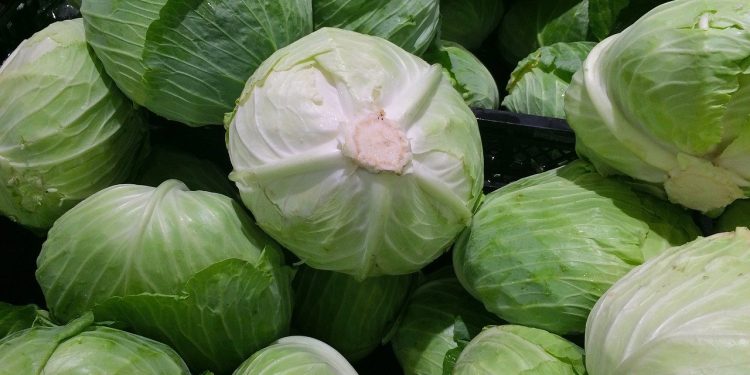#sustainableagriculture #cropbreeding #localvarieties #FarEastRussia #environmentalstress #pathogens #statetrials
Sustainable agriculture is a priority in the Far East region of Russia, and developing regional crop breeding processes, particularly for vegetable crops, is essential. The Institute of Agriculture in the region is working on developing local crop varieties that are genetically and biochemically stable, resistant to pathogens, and tolerant to environmental stressors such as excess moisture and low temperatures. Each year, the institute tests up to 1,500 varieties and hybrids of vegetables and flowers, and has successfully developed and distributed over 100 varieties for state trials, many of which are included in the state register of the Russian Federation.
One of the most successful breeding projects has been for white cabbage. The institute has developed and widely distributed the Knevichanka and Primorochka varieties, which are relatively resistant to slimy bacterial diseases and have high root regeneration rates after brief flooding. Other notable varieties developed by the institute include onion varieties Dmitrich, Ivashka, and Raketa, which have 99-100% bulb formation rates even in short daylight hours; tomato varieties Odysseus, Patroclus, Summit, and Posyet, which are suitable for whole-fruit canning and are relatively resistant to septoria; and sweet pepper varieties Freshness, Joy, and Artemka, and eggplant varieties Egorka, Medvezhonok, and Quartet, which are more fast-maturing and cold-tolerant than European varieties.
Breeding local crop varieties can be more cost-effective, environmentally friendly, and sustainable for agriculture, as these crops are more adapted to the local climate and soil conditions. The Institute of Agriculture’s success in developing and distributing local crop varieties is an excellent example of sustainable agricultural practices that could be replicated in other regions of the world.































